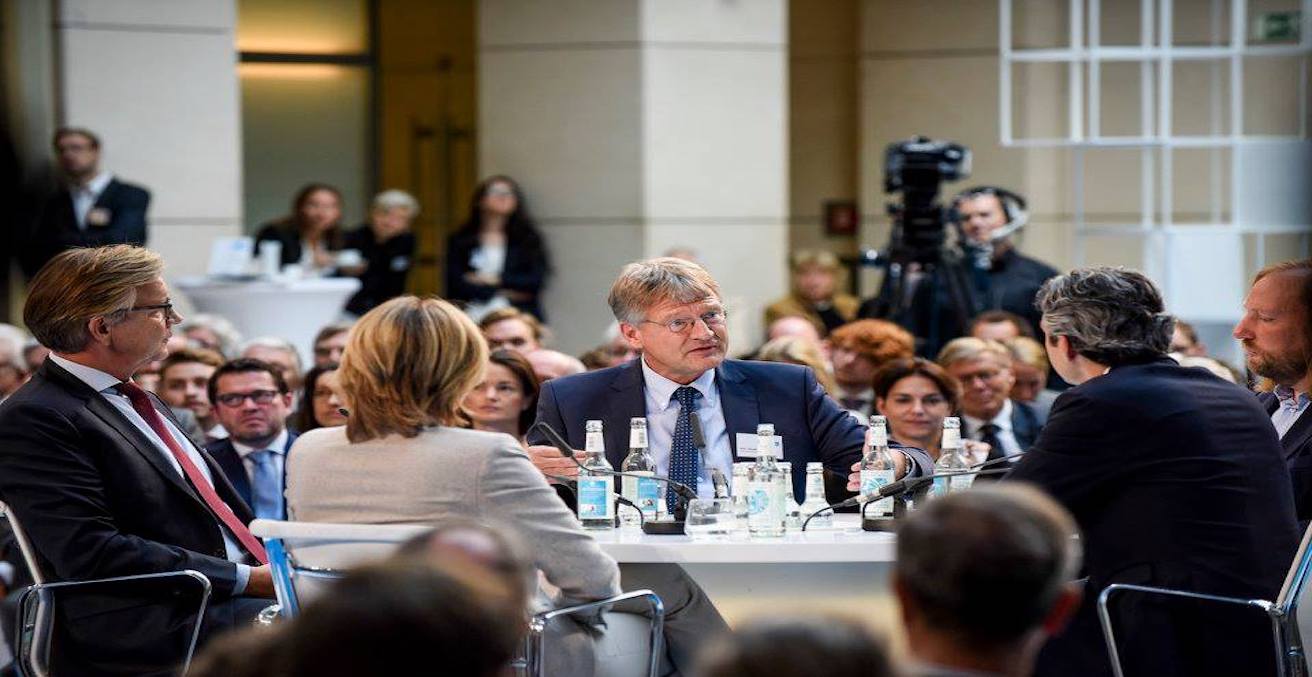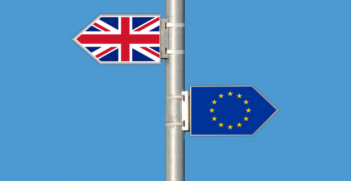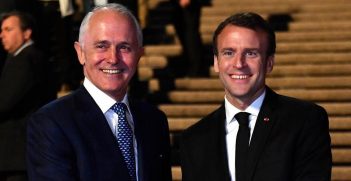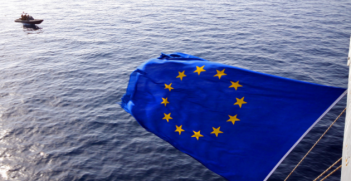What to Make of the Win of the AfD in Germany?

With the rise of the right-wing political party Alternative für Deutschland (AfD) in Germany, it is important to look back at how it was able to gain a secure place in German politics.
On 1 September 2019, the German far right-wing political party, Alternative für Deutschland (AfD) had a historical win in state elections. It won 28 percent of the votes in Saxony and 24 percent of the votes in Brandenburg — the state that surrounds Berlin — gaining respectively 18 and 12 percentage points compared to the last elections that took place in 2014.
Both these states are located in what was until 1990, the German Democratic Republic, which unified with “West Germany” or the Federal Republic of Germany. Many of those living in the “East” still feel that they have been treated as second-class citizens. Furthermore, in 2015 when the German Chancellor Angela Merkel famously welcomed over one million migrants, with several hundred thousands of further migrants entering Germany each year thereafter, with many of those who felt, “left behind” and not noticed by the establishment turning to the AfD — or at least that is how the AfD typically seeks to frame it. The causal relationship is not quite that straightforward. How can we understand this rise of the AfD? Are we to expect that it will change German and even European politics?
The Eurosceptic right-wing liberal AfD was founded in 2013 in opposition to the way the German government was dealing with the euro crisis. Born from a right-flank of the ruling Christian democratic party (CDU), the new AfD just missed achieving the five percent voter threshold, and thus did not right away obtain a seat in the German Bundestag. They did however manage to collect votes in the European Parliament elections, both the seven percent in 2014 and 11 percent in 2019. In the 2017 federal elections they secured as many as 12.6 percent of the votes, becoming the third largest party and serving as the largest opposition party against the CDU-SPD coalition. Furthermore, by 2018 the AfD had seats in every single one of the sixteen Bundesländer or states in Germany.
In the run-up to these recent state elections various polls suggested possibly an even greater win for the AfD, so to some extent there was a sigh of relief among the establishment that the AfD did not win even more. In fact, the establishment benefitted considerably from tactical voting in favour of the respective ruling parties CDU, in Saxony and SPD, in Brandenburg by voters opposed to the AfD.
The AfD has been the opposition voice for a number of years now and seems to be capitalising from voters who are dissatisfied with the political establishment and those who feel that the economy and politics have passed them by. There are some objective evidence indicating that services, and Gross Domestic Product (GDP) per capita have lagged in Eastern Germany. Knowing that the AfD’s stance on politics is on the far right of the political spectrum, they typically are heavily criticised by the establishment and mainstream media. Their base has gradually become more disgruntled with established institutions and is increasingly turning to social media for news and reinforcement of their views. The AfD also uses social media, in particular Facebook, more intensely and much more successfully than other established political parties in getting their perspective across.
The AfD has run on an anti-immigrant platform — although it is remarkable that in the two states it has recently won in, less than five percent of the population have an immigrant background. The typical AfD voter includes not only those who are losers of globalisation — 25 percent of their voters are unemployed — but also a good segment of manufacturing and middle-class voters. There are more men than women vote who for the AfD and are predominantly white, with the largest support from voters in the 35-59-year age-range. Compared to the other parties it draws more voters from former East-Germany, although the party membership is predominantly located in Western Germany (in particular North-Rhine Westphalia, the state with the largest population).
The rise of the AfD in Germany has many worried. Until now political parties have introduced a “cordon santaire” – indicating that they would not be willing to consider governing together with the AfD or forming a minority government at their mercy – as they find its basic premises unacceptable. Nevertheless, the current CDU-SPD ruling coalition at federal level is being put under pressure by the opposition provided by AfD. In particular the social-democratic party (SPD), has experienced the largest loss in votes in recent elections and a leadership race is pending. Despite these losses by the SPD, the voters that have turned to the AfD are more often than not those who would have either previously not voted or traditionally voters for the CDU. The strong rise of the AfD over the past six years has changed the atmosphere in politics with many concerned that recent losses and low rankings in opinion polls will impact the coalition. The challenge is that by ignoring or marginalising the rise of the AfD and labelling them as unfit to govern, this party can keep arguing that the establishment is fighting unfairly. They are forced only into an opposition role, from which they can express their views about the government without having to have serious and consistent plans of their own. Yet the governing elite is unwilling to consider forming coalitions with the AfD as they are increasingly more radical and extremist on matters such as human rights, democratic values, and xenophobia and racism. The challenge is for the existing institutions to connect better to disgruntled voters. Existing parties need to find ways to deal more effectively with their issues. Without this connection these voters are attracted to the populist message of the AfD that claims to offer simple answers to complicated problems.
These challenges in Germany have a way of entering European politics as well. As the EU will shortly have new politicians in the European Commission — with CDU politician Ursula von der Leyen as its president-elect — a new European Parliament, and shortly also a new president of the European Central Bank, there is a real opportunity to deal with the unfinished architecture of economic, monetary and financial governance structure of the Euro area. During 2010-2015 ad hoc arrangements, often outside the legal framework of the EU Treaties, were put in place to deal with the euro crisis, and as such still need finalisation. There are ongoing discussions about whether the euro area needs to complete its Banking Union, a budget for the euro area, a Euro Area Ministry of Finance and more political union. With the German domestic political elites being seriously challenged by the AfD, they may be reluctant or even unable to embark on more fundamental EU Treaty changes, which many deem to be necessary to complete the EU-edifice. The window of opportunity that is opening up with the new EU politicians in key positions may face a German leadership unwilling to take too many leaps of face out of fear of losing terrain to eurosceptic voices domestically. Germany has traditionally been one of the strongest voices in EU decision-making. Furthermore, from July-December 2020 it will hold the rotating presidency of the Council of the EU – a role that typically enables that member state a bit more agenda-setting power. If domestically blocked, Germany may not be as effective as it otherwise might be to lead, or at a minimum not to oppose. Finally the Brexit process offers another tremendous challenge for the EU – one that requires that all EU members stay united. So far it seems that such unity has been provided and that it would not be challenged by German domestic electoral changes. All in all, the autumn in Europe promises to be heated and fascinating to watch up close.
Professor Amy Verdun teaches European politics and political economy at the Institute of Political Science at Leiden University and is on leave from the Department of Political Science at the University of Victoria, in British Columbia, Canada.
This article is published under a Creative Commons Licence and may be republished with attribution.





